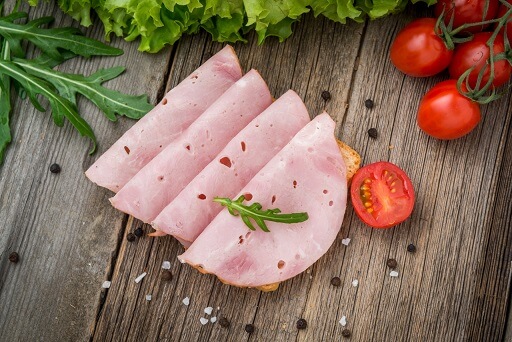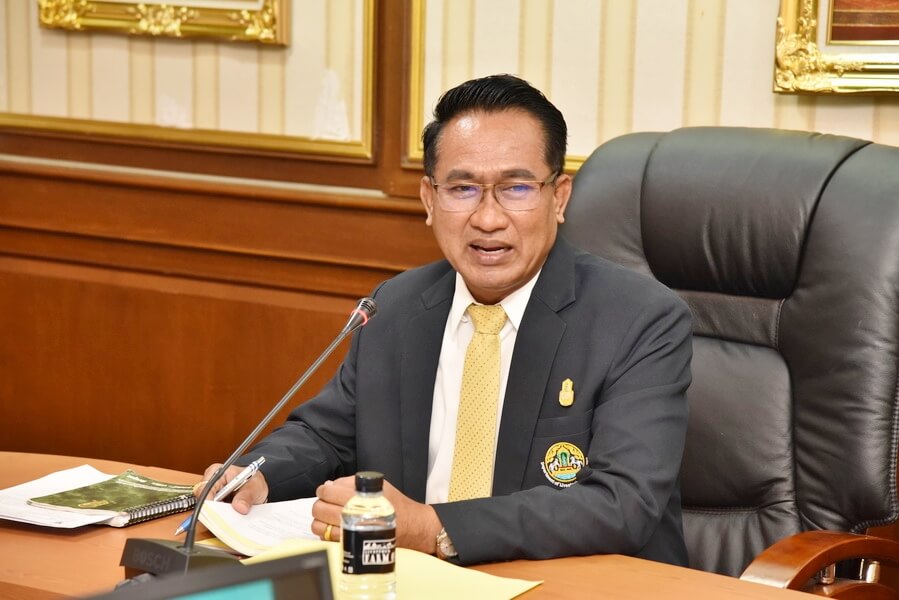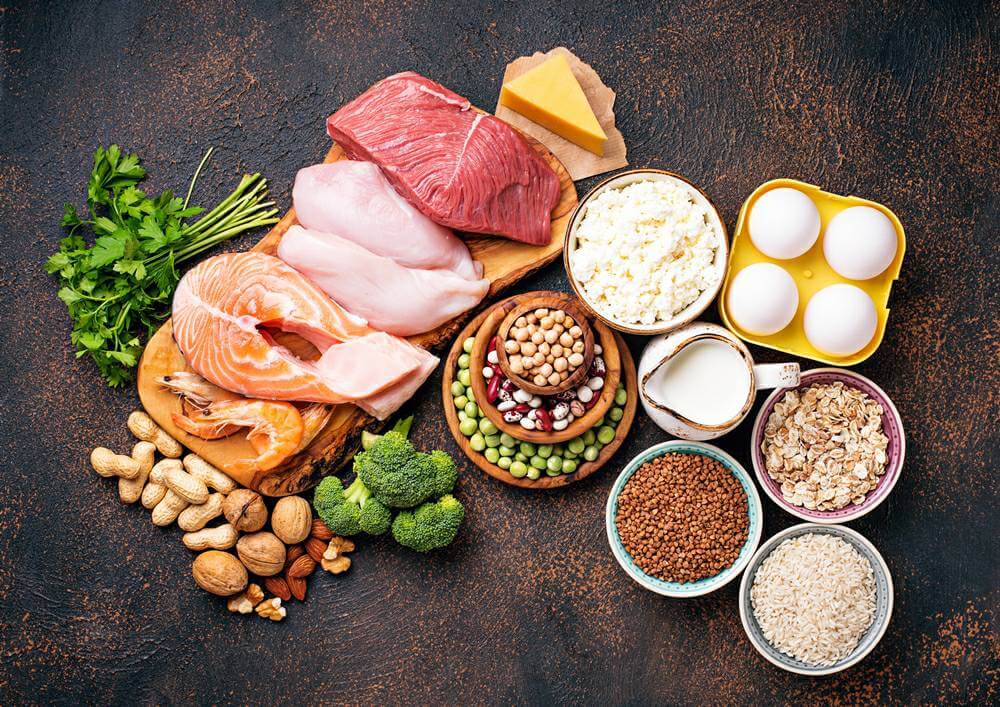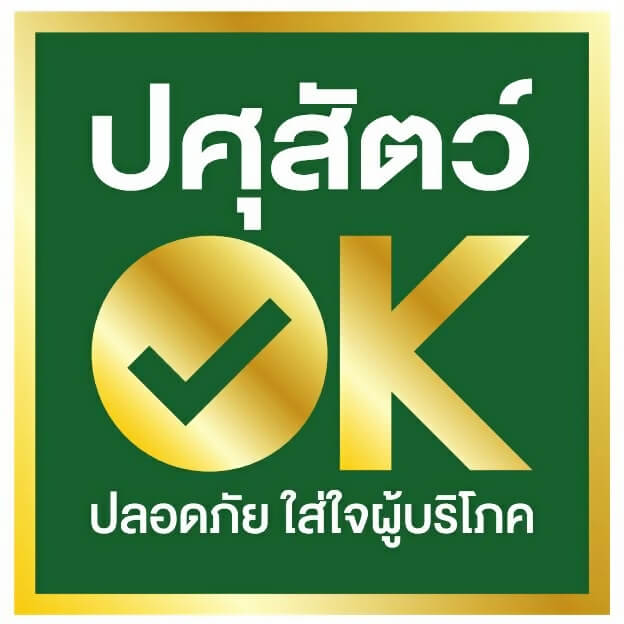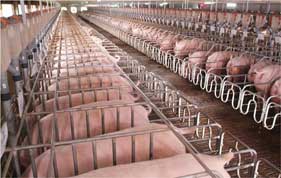

More than 70% of Thai population are farmers. In other words, those who earn their living through farming is the biggest group of people who should have received support and their capacity enhanced. Yet, farmers have to confront with various risks on their own whether they be environmental risk that could jeopardize their production and incomes, risk to horrific epidemic, pricing volatility at the time their production cost is higher and risk from the lack of established and reliable market. Besides, farmers lack not only access to sophisticated knowledge and technology that could make their productivity more efficiency but also the much-needed funding. These are the reasons why Thai farmers are seemingly trapped forever in a vicious cycle of poverty.
Having introduced the contract farming in the country based on a policy initiated by the Internal Trade Department, Ministry of Commerce, more than three decades ago, the Thai private sector has contracted out the farming of egg and meat chicken, duck, sugar cane, maize, potato, tomato, barley and pineapple to farmers to ensure their constant flows of income as well as fair distribution and sales of their products. At the other end, private enterprises with competency in production, technology and marketing manage and absorb other risks in return for farmer’s access to regular and trustable buyers of their products which in the end should result in their better living standard.
Mr. Narong Jiamjaibanjong, Senior Vice President, Charoen Pokphand Foods Public Company Limited (CPF), who has been involved in the Thai animal husbandry business during the past three decades, said that while a lot of people knew what contracting farming was, several others may still had a misconception of the contract farming or regarded it negatively. According to Mr. Narong, the contract farming is a business deal with conditions agreed beforehand by all parties involved of what to produce, where to produce, which technology to use, where a funding source will come from and what to invest by the farmer and the enterprise. In short, all roles and responsibilities are clearly laid out plus an agreement of how the future income will be shared. The contract farming, he suggested, is an outcome of active coordination by the three parties – farmer, private enterprise and financial institution.
CP has applied the animal contract farming to enhance the local farm sector scene since 1975 when it first started at a project to raise meat chicken at Chonburi Province. The model of the project was subsequently expanded to several provinces nationwide. The contract farming later covered swine and egg chicken. At present, there are 4,999 farmers participating in the program.
“87% of farmers participating in the contract farming scheme with CPF have their income guaranteed while another 12% have their product prices guaranteed. While the contract farming does involve certain risks in case of terrible epidemic and disaster, farmers in the program are exposed to far lesser risk than their independently-operated peers who have to absorb all the risks on their own,” Mr. Narong said.
There are three indicators to help gorging whether farmers are better off after entering into the contract farming with CPF. First, according to Mr. Narong, as high as 89% of farmers having contract farming with CPF can repay their loans with financial institutions within the project’s term (around 8-9 years). Secondly, more than 50% of farmers have been in the contract farming scheme with CPF for more than a decade which reflects a real sense of job security. Finally and the most importantly, several farmers have been able to expand their one farm into several and hand over their legacy of success to their siblings for a new generation to continue the journey.
CPF’s contract farming is classified into three categories of income guarantee, price guarantee and market guarantee. The income guarantee model is ideal for smaller farmers as they will earn a steady flow of income while CPF will provide raw materials required for animal raising and absorb all risks triggered by sickness, disease or disaster. CPF will also absorb possible risk from market and pricing volatility. The price guarantee model is suitable for medium or large farmers with experience and competency who are ready to invest more. In this model, farmers will buy raw materials and sign a contract with CPF who will buy their products at an agreed price. With the price of their future product being guaranteed, farmers don’t have to find a market or worry about a volatile farm price. Finally, the market guarantee model is for large-sized farmers with financial means who, while ready to risk with pricing conditions, prefer instead that CPF find a market for them thanks to our expertise.
Throughout the past four decades, farmers taking part in the contract farming program have enjoyed not only job and income security but also a better livelihood as a result of CPF’s job creation and promotion of their profession. Simultaneously, farmers have opened themselves up for new technology through the program which is really admiring. What’s more important is the fact that the contract farming helps developing the agricultural sector, offering farmers job security and producing safe food for consumers, a win-win situation for everyone.
Throughout the past four decades, farmers taking part in the contract farming program have enjoyed not only job and income security but also a better livelihood as a result of CPF’s job creation and promotion of their profession. Simultaneously, farmers have opened themselves up for new technology through the program which is really admiring.






